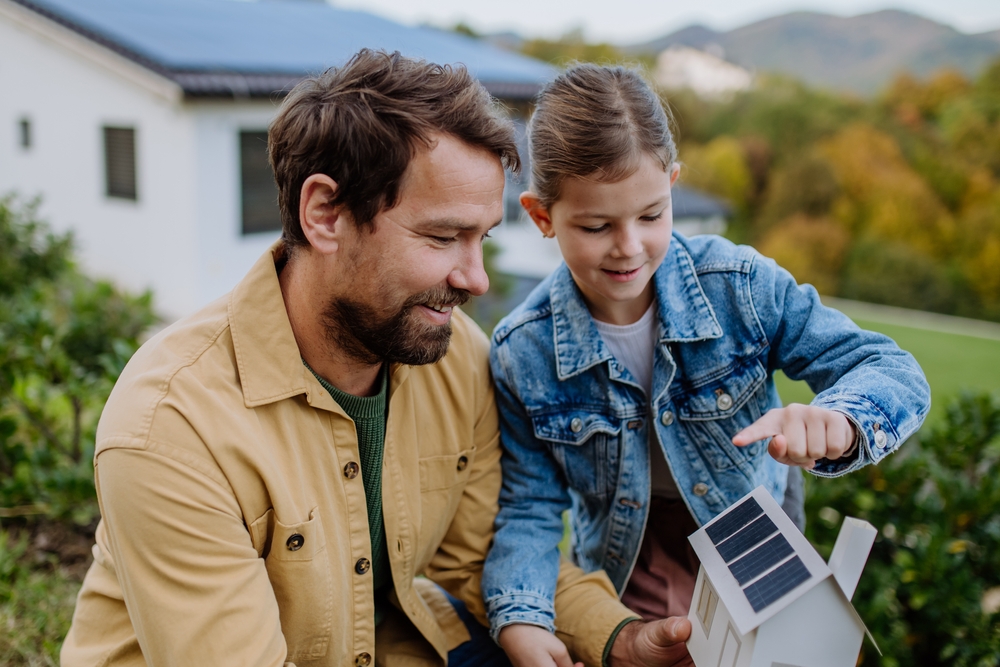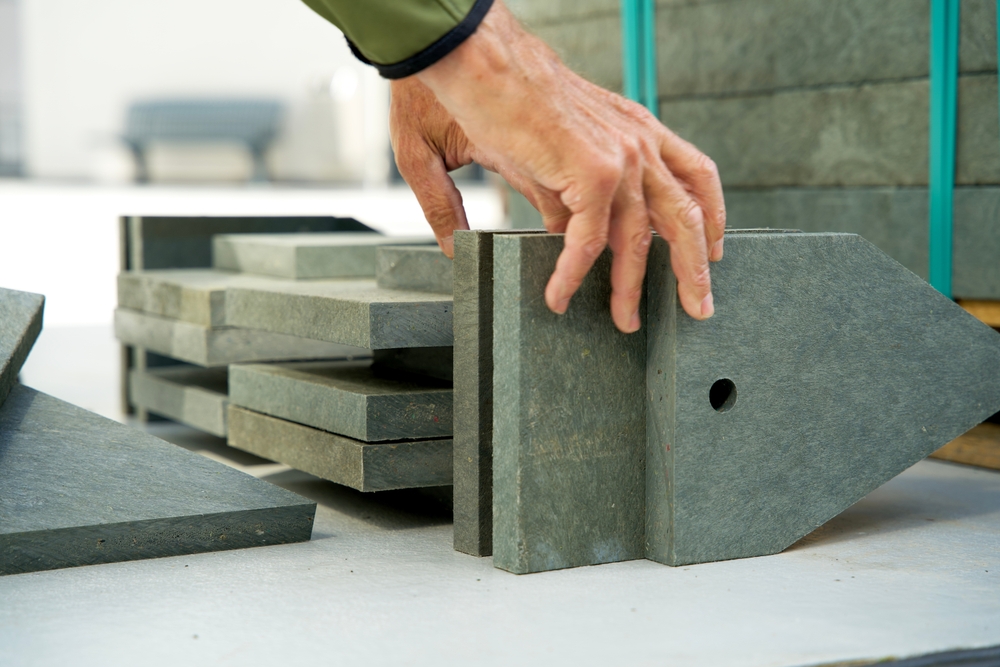
Sustainable construction, at its core, is a complex interplay of science, technology, and art. It’s a domain where creativity meets environmental science, where innovation meets ecology. And to navigate this intricate field, thorough, meticulous research is not just beneficial—it’s essential.
At SCORAI, we don’t just understand this necessity; we embrace it. Our research endeavours are broad and varied, covering a myriad of topics related to sustainable construction. From the exploration of new, eco-friendly building materials to the analysis of energy-efficient architectural designs, our research efforts delve deep into every aspect of sustainable construction.

Research is not just one facet of our work at SCORAI—it’s the foundation upon which we stand. Every project we undertake, every advocacy initiative we launch, every innovation we champion, is backed by rigorous research
Our research endeavours begin with a hypothesis—an idea about how a particular aspect of sustainable construction might work. This hypothesis then becomes the focus of an extensive investigation, as we gather data, conduct experiments, and analyse the results.

Our research is not conducted in isolation. We collaborate with academic institutions, partner with other research organisations, and engage with industry stakeholders to ensure our research is comprehensive, relevant, and impactful. We also value the contributions of our diverse team members, whose varied backgrounds and unique perspectives enrich our research process.

One of the challenges with any form of research is making the findings accessible and understandable to a broader audience. At SCORAI, we’re committed to bridging this gap. Our research findings are translated into scholarly articles that delve into the intricacies of our discoveries while maintaining an engaging, accessible tone. These articles are written not just for academics but for anyone interested in the field of sustainable construction.
While academic articles provide a broad view of our research findings, case studies offer a more detailed and practical perspective. Each case study focuses on a particular project or initiative, presenting the challenges faced, the solutions employed, and the results achieved. Our case studies serve as a real-life demonstration of sustainable construction principles in action, showcasing the practical applications and tangible benefits of our research.
Our case studies are meticulously crafted to provide a comprehensive view of our projects and initiatives. We approach each case study with a commitment to transparency and a focus on education.
Each case study begins with an exploration of the background and context of the project. This involves discussing the overarching goals, the unique challenges posed, and the sustainable construction principles at play.
We then delve into the strategies and solutions employed, detailing how we approached each challenge and the thinking behind our decisions. This often includes a discussion of the research we conducted, the data we gathered, and how these informed our actions
Each case study also includes a thorough analysis of the project’s outcomes. We discuss the successes, the areas for improvement, and the lessons learned, providing a holistic view of the project and its impact on our journey towards sustainable construction.
Our research at SCORAI is not conducted in a vacuum—it’s firmly rooted in the practical realities of the construction industry and aimed at driving tangible change. Here are three examples of how our research has shaped, and continues to shape, the landscape of sustainable construction.
Our research has been instrumental in promoting the use of sustainable building materials in the construction industry. For example, our studies on the benefits and practical applications of reclaimed wood have contributed to an increased awareness and use of this eco-friendly material.
Our findings have highlighted not only the environmental benefits of using reclaimed wood—such as reducing deforestation and waste—but also the aesthetic and structural advantages it offers. This has helped to shift perceptions of reclaimed wood from a ‘second-hand’ material to a desirable choice for sustainable construction.

Our research has also played a crucial role in advancing the principles of energy-efficient design. Our studies on passive solar design, for example, have demonstrated how careful building orientation, window placement, and material selection can significantly reduce a building’s energy use for heating and cooling.
These insights have informed our own projects and have been shared widely with the broader construction industry, contributing to an increased adoption of energy-efficient design principles.

Finally, our research has contributed to efforts to reduce waste in the construction industry. Through studies into construction techniques and waste management strategies, we’ve been able to identify effective ways to minimise waste generation and promote the reuse and recycling of construction materials.
These findings have influenced our own practices and are contributing to a broader shift in the construction industry towards more waste-conscious construction methods.
Through our commitment to research, we at SCORAI are not just observers of the sustainable construction industry, but active participants in shaping its present and future. Our research serves as a catalyst for change, driving progress and innovation in sustainable construction. By sharing our findings in our Research section, we hope to engage, educate, and inspire others to join us on this journey towards a more sustainable future.

